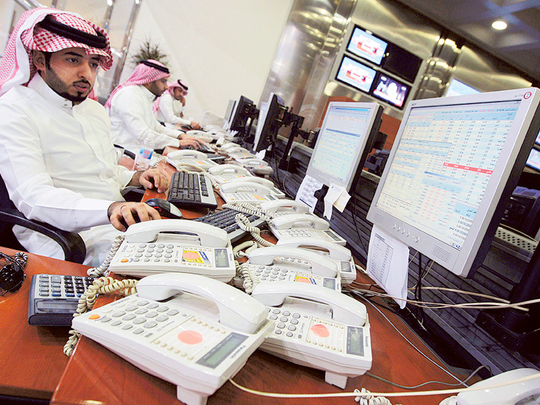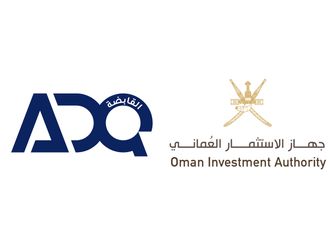
Dubai:
The next transformation in Saudi Arabia’s capital markets may just start with selling part of the government stake in Aramco and its units later.
Saudi Arabia’s Deputy Crown Prince Mohammad Bin Salman plans to sell 5 per cent stake in its oil giant Aramco, which would partly help raise the capital of its public investment fund to 7 trillion Saudi riyals from 600 billion Saudi riyals. Other Aramco subsidiary companies would also be listed along with other publicly held companies, thereby adding to the corpus.
“Larger and more open capital markets will provide an economic boost to the country, allowing Saudi companies to raise money from new, offshore investors and it would also promotes Foreign Direct Investment (FDI),” Neville Shaw, Deputy Portfolio Manager EMEA, Mirabaud asset management told Gulf News, adding “open and developed capital markets will also assist Saudi Arabia in diversifying its economy away from its dependency on energy.”
The so called “Vision 2030” revolves around cutting dependency on oil, and come to a situation when the country “can live without oil,” by 2020. Riyadh currently draws 90 per cent of its revenue from oil.
Larger effort:
“Aramco’s privatisation is part of a larger effort by the crown prince to diversify and modernise the Saudi economy, as well as reducing oil dependence, by giving greater importance to renewable energy,” said Erasmo Rodriguez, Equity Analyst — Energy & Utilities at Union Bancaire Privee.
Aramco’s crude reserves of about 260 billion barrels are almost 10 times those of Exxon Mobil Corp. Its daily production of more than 10 million barrels is more than the domestic output of every US oil company combined.
“An IPO of a company the size of Aramco will no doubt draw global investor interest to the market,” Shaw said. But a lot will depend on the timing of the IPO.
“A lot will depend on where energy prices are at the time, as well as the valuation that the government is looking to achieve. If these conditions are favourable however, it should be a material boost to market sentiment, both domestically and abroad,” Shaw added.
Oil prices have been on a downward trend since 2014 on a supply glut amid sagging demand for the commodity in a low growth environment. Brent has shed 60 per cent of its value from the high of more than $100 per barrel, with Saudi Arabia’s break even price still pegged at $100, about 60 per cent higher than the current level.











